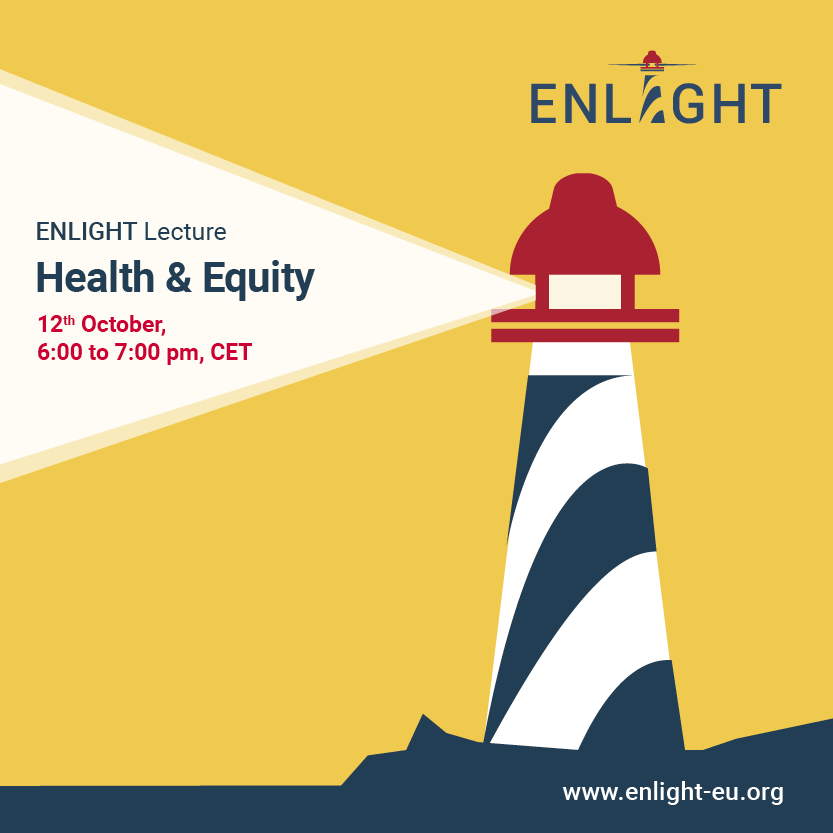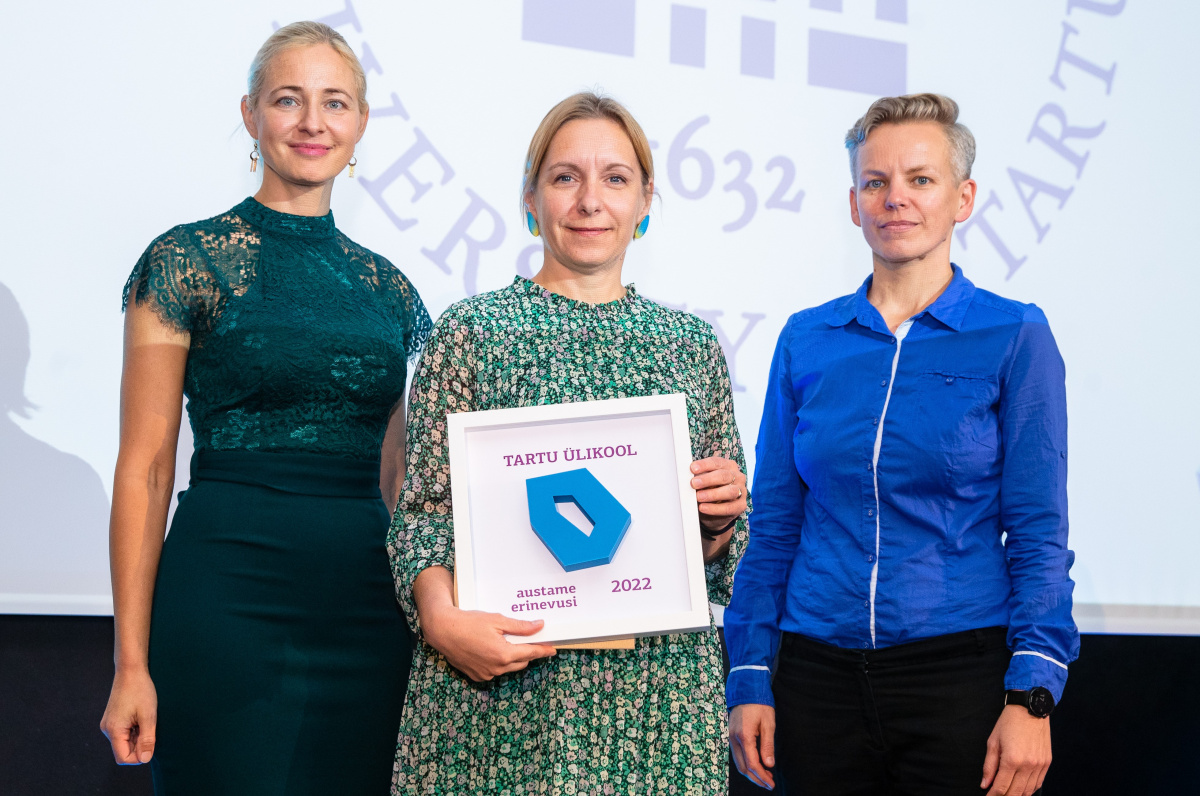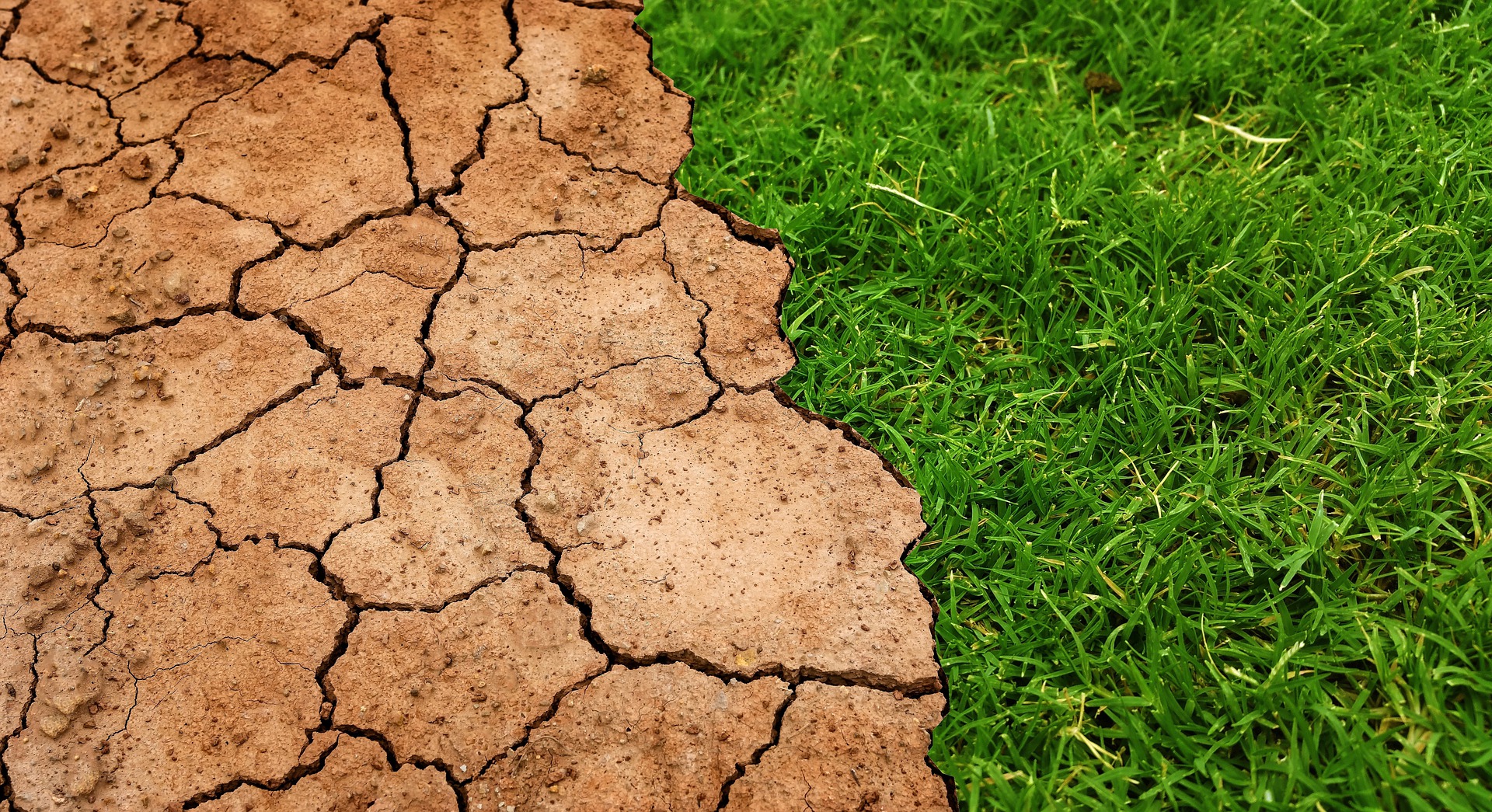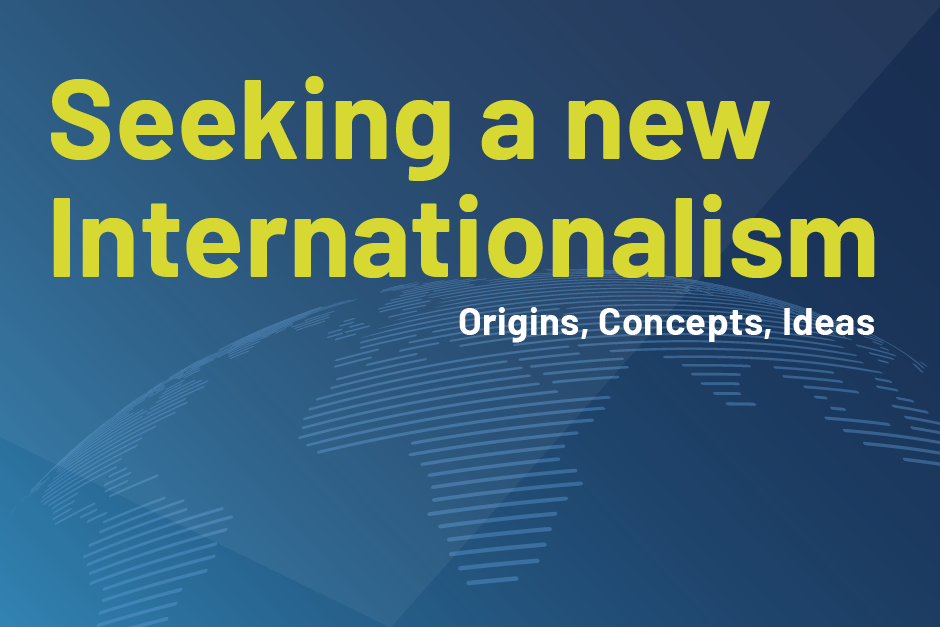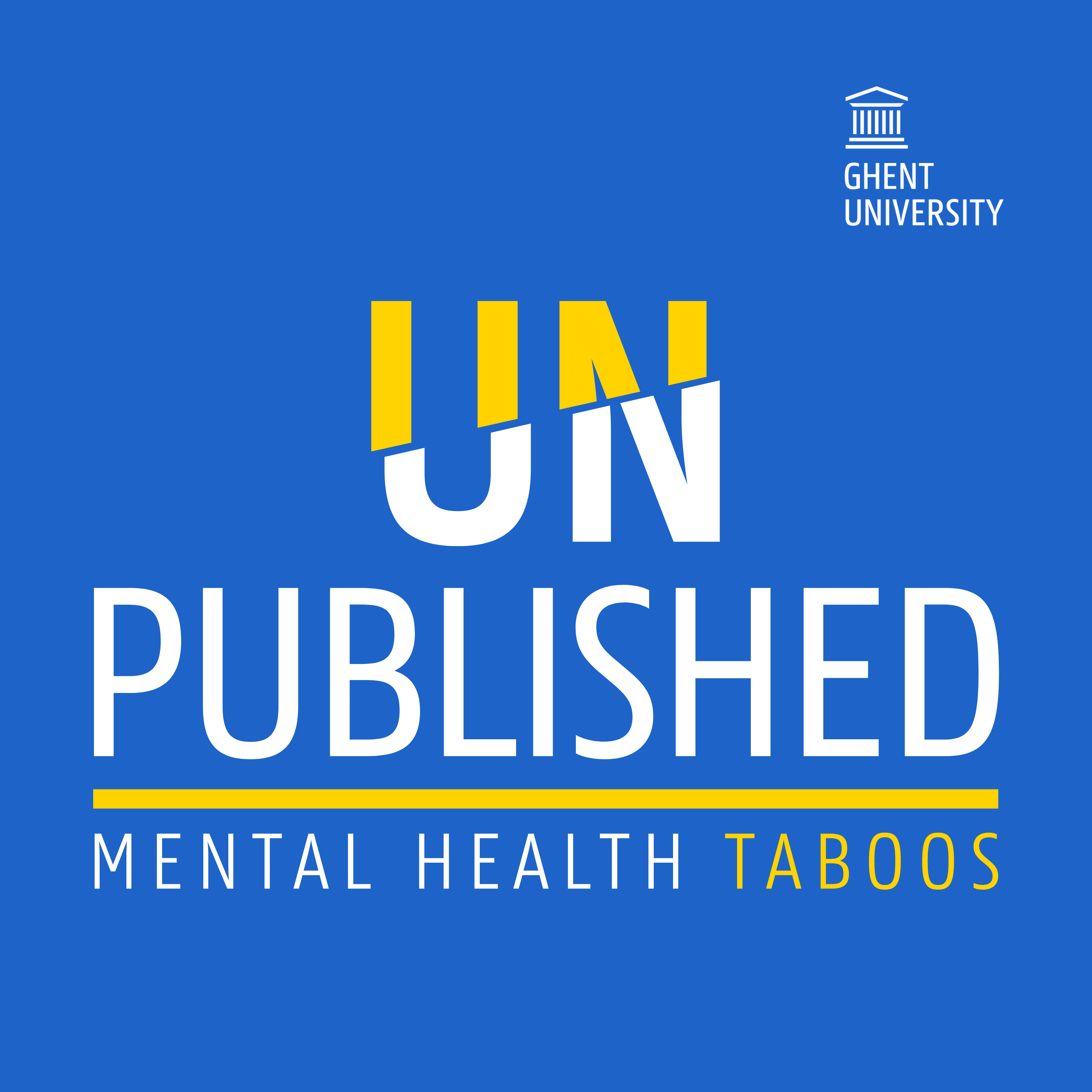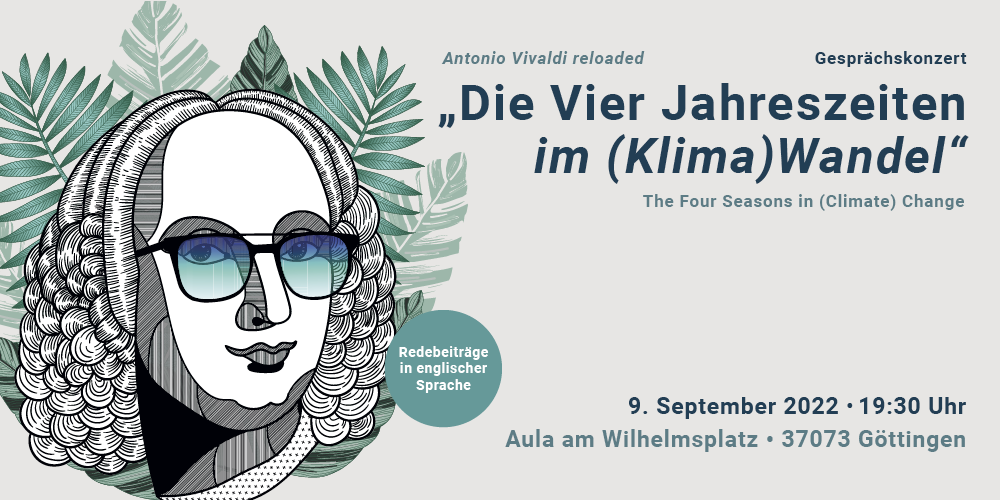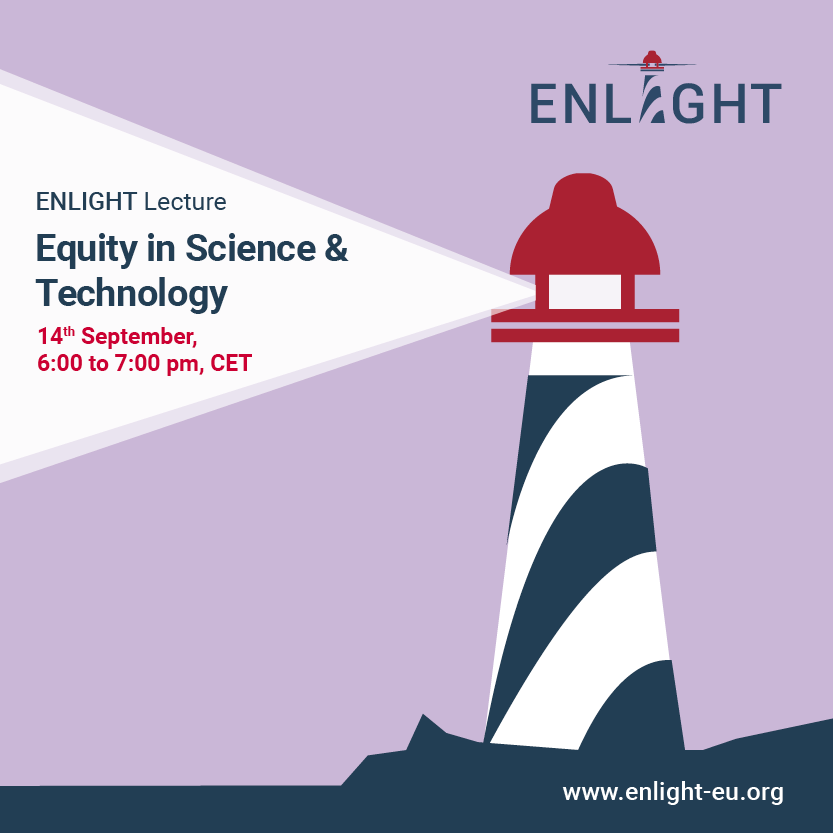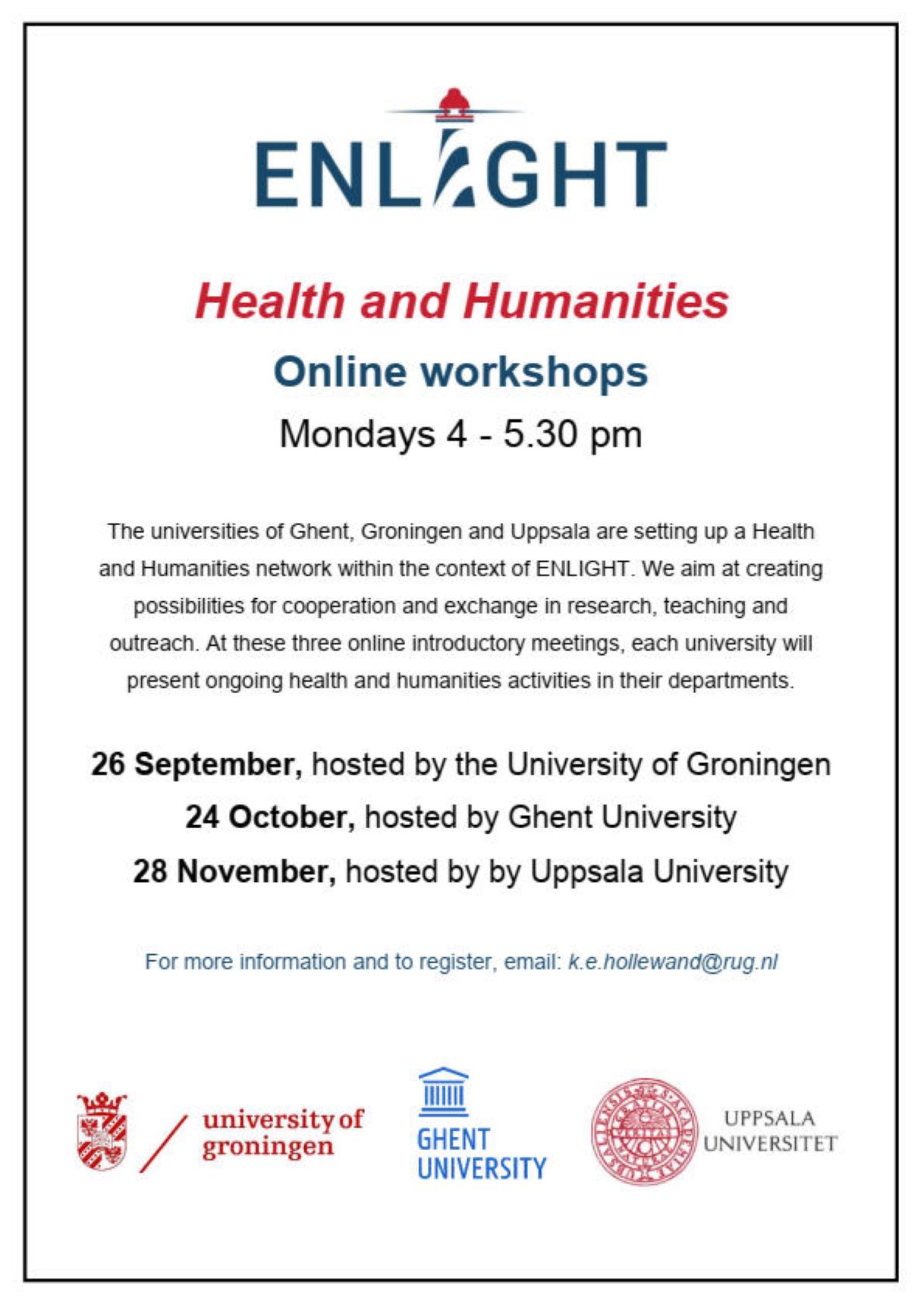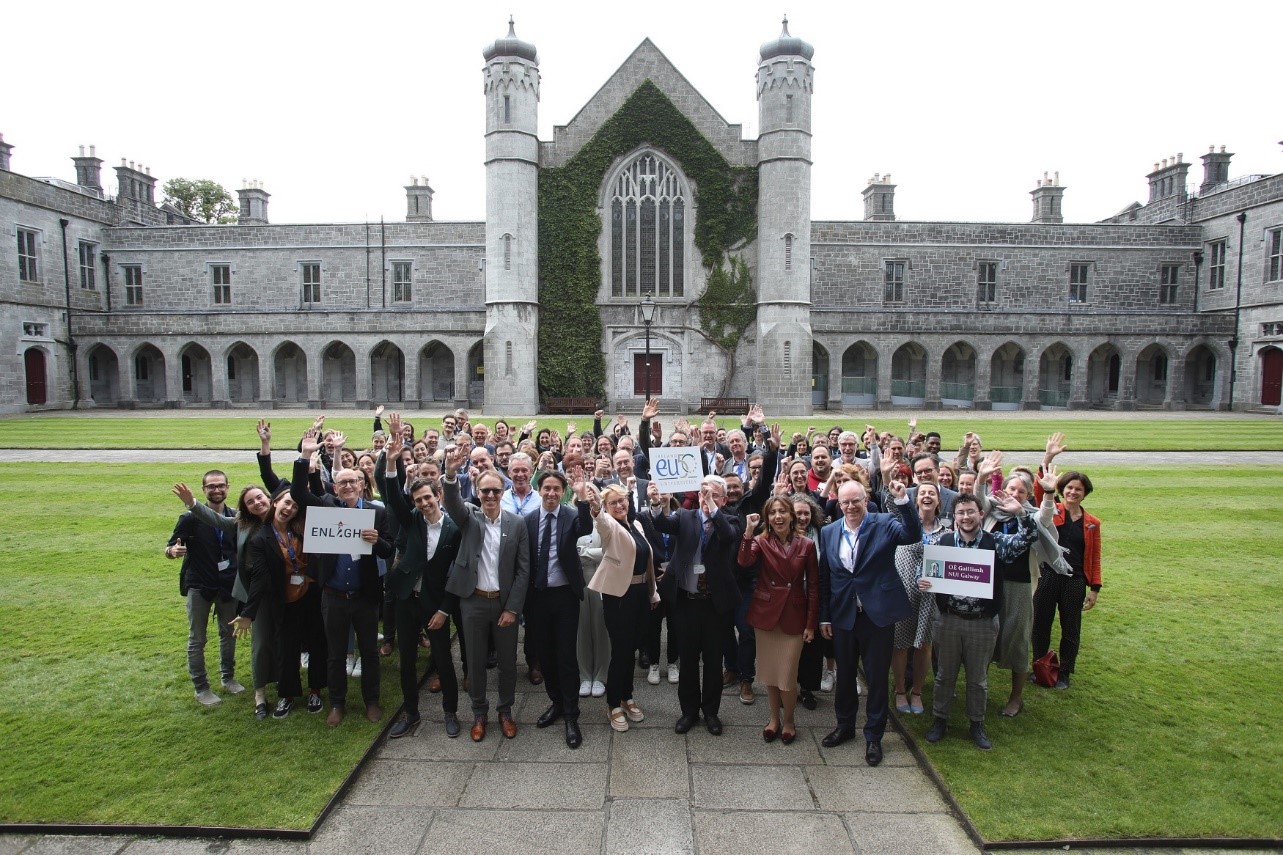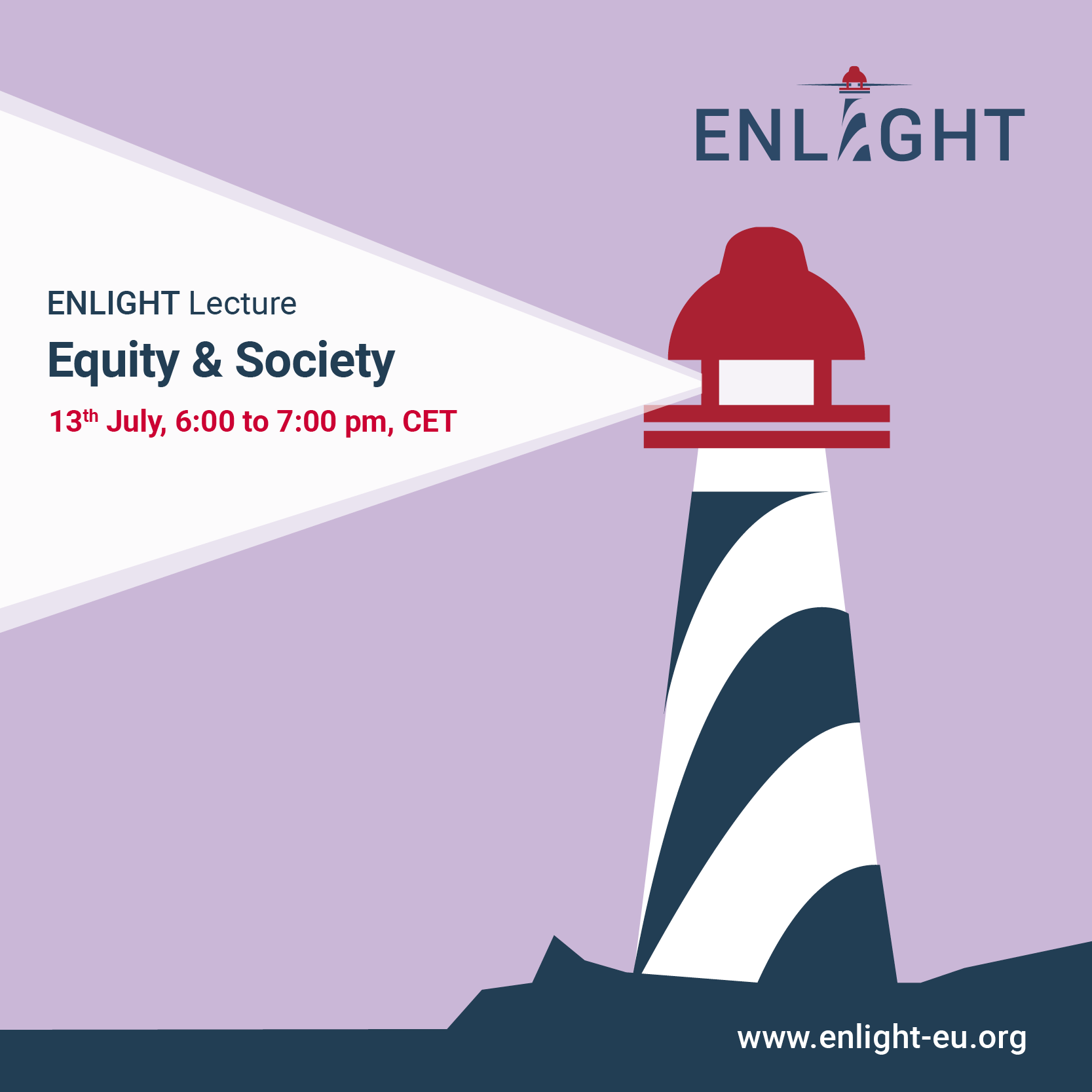With the new academic year, a joint project of Estonian universities was launched, aiming to increase the climate awareness of Estonian society with systematic climate education at all levels of education. In the project, education strategies are developed, learning materials for teaching climate change mitigation and adaptation are created, and teachers are supported in using them. The partners of the project "Climate awareness from school to society: empowering children, youth and teachers to reduce the effects of climate change" are the University of Tartu, the Estonian University of Life Sciences, Tallinn University and the University of Bergen in Norway.
Climate conscious person changes society, not the climate
Climate change poses high risks to many natural and human systems. An effective fight against climate change starts with climate awareness: an understanding of the causes of global warming and the skills to reduce human-induced greenhouse gas emissions and prepare for climate change.
According to Piia Post, Associate Professor in Meteorology and Climatology at the University of Tartu and the leader of the project, it is important to combine the best knowledge of climate science and education to increase climate awareness. "In Estonia, awareness of climate change mitigation and adaptation is often not based on science. Therefore, as one output of the project, we are preparing a simple "ABC of Climate Change", which every Estonian resident could use to start their journey towards climate awareness. Thus, the broader goal of the project is to include not only schools but the whole society," added Post.
The project will first develop strategies for teaching how to mitigate the effects of climate change and adapt to it. More specifically, the project team will analyse in which school subjects climate change is currently discussed and which teaching strategies are used for this purpose. It also describes new strategies to help provide knowledge about climate change, mitigation and adaptation, while considering teachers' and parents' personal opinions, confirmation bias, cultural ideologies and ethical aspects.
In addition, the project aims to develop educational programmes, create learning materials for all target groups, support their use in educational institutions, and offer recommendations for curriculum renewal. In the course of the project, training materials and continuing education courses will be produced, as well as climate awareness assessment tools to monitor the impact of using the created learning materials.
The project is financed from the open application round "Increasing Climate Awareness" of the European Economic Area's Financial Mechanism 2014−2021 Programme "Climate Change Mitigation and Adaptation". The project's total budget is 588,000 euros, of which the EEA support mediated by the Estonian Environmental Investment Centre is 499,800 euros. The project deadline is 30 April 2024.
